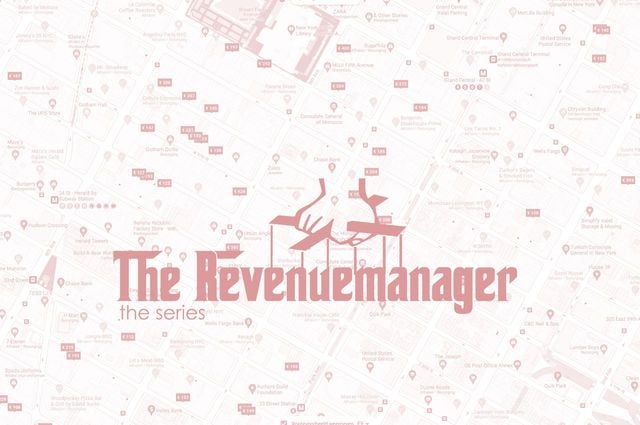Benchmarking: Moving beyond traditional comp sets and year over year comparison
15 experts shared their view
For years, revenue managers used historical data as a "compass" to navigate rates and inventory. Due to the pandemic, however, historical data lost much of their relevance, as 2020 and 2021 were statistical anomalies, to say the least. In this scenario, other information became more important, such as on-the-books reservations, pick-up, pace, and, of course, comp set. Some hotels have closed and consumer behavior has shifted.
The challenge,
however, is how to clearly identify the proper comp set
: is there only one or multiple competitors?
How should a hotel judge it's performance, when most of the traditional KPIs have become meaningless?
It has always been crucial to know your competitors and to be aware of their pricing strategy in order to have a clear understanding of what is happening in the market and how your property is positioned in it. At the same time, that data has never been the ultimate indicator of demand fluctuations that hotels should be using to build their own strategy, and it never will be.
Years ago I wrote an article "5 reasons NOT to follow your competitors' prices" where I explained the reasoning behind that claim. Here is a short summary:
1. We have to assume that the hotel selected a proper compset.
Hotels still use their gut feeling instead of real data to come up with a set of properties that they consider their competition in the market. It is still a problem and a very significant one. OTA's have been trying to solve it by providing data that shows which hotels travelers actually look at when they consider your property. That list is very often different from what you see on your STR report.2. Then we have to assume that the competitors actually know what they're doing (i.e. they're properly following demand fluctuations and are instantly reacting to these fluctuations with accurate and optimal pricing). Can you say that about each hotel in your compset? Definitely not. Based on the latest Skift research, only about 16% of the hotels in the world are using an RMS tool. (Insert "blind leading the blind" gif :)
3. Your competitors may have group/corporate business that you don't. They have less rooms to fill by transient segment, which means they can afford raising their rates. You can't. The opposite may also be true.
4. There's no such thing as fixed compset. Your true compset constantly changes. It is very dynamic and it may depend on the day of the week or a particular event or the segment that is looking and booking.
Moral of the story: knowing and understanding what other players are doing is important of course. But properly recognizing demand fluctuations and managing/navigating the flow of demand coming into your property is more crucial. We still have a large gap when it comes to upper funnel forward-looking data (search volumes, conversion rates, etc.). I'm waiting for more tech vendors to start providing that data to hotels worldwide to help the hospitality industry recognize demand flows and act on them in a more efficient manner.



